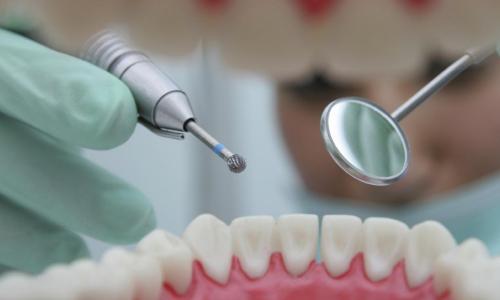LETTER | Towards mercury-free dentistry in Malaysia
LETTER | The Consumers’ Association of Penang (CAP) urges the federal government to expedite legislation to eliminate the use of dental amalgam.
Due to growing concern regarding impacts of mercury, governments had negotiated a legally binding instrument on mercury, and the text of the Minamata Convention on Mercury was completed and adopted in 2013.
Malaysia is a signatory to the convention. Dental amalgam contains approximately 50 percent mercury.
One of the key provisions of the Minamata Convention is the requirement for countries to phase down their use of dental amalgam.
CAP applauds the Philippines government’s move towards phasing out dental amalgam.
On May 14, 2020, the Department of Health of the Philippines issued an administrative order (AO) to provide guidelines on the phase-out of mercury use in dental restorative procedures.
From the day the order came into effect on May 29, the importation of elemental mercury for use in dental restorative procedures and dental amalgam capsules is banned in the Philippines.
The order also immediately puts a stop to the use of dental amalgam for children fourteen years old and below, pregnant women and nursing mothers.
The Philippines and Nepal before this, have set a precedent, of which we hope Malaysia will follow suit.
The European Union has already banned amalgam use in children, pregnant women, and breastfeeding mothers in addition to taking steps to protect them from future dental mercury pollution by phasing out all amalgam use.
Malaysia has the potential to move towards phasing out dental amalgam in the country since it has already taken steps to phase down its use for quite some time now. Most private dental colleges have switched to alternative restorations in their curriculum.
Alternatives to dental amalgam are also widely used in the private sector. Parents are also coming forth requesting for mercury-free filling for their children.
Albeit this, it is to be noted that while CAP understands the concerns surrounding dental amalgam in the government sector such as cost and effectiveness of the alternatives, stern and immediate measures need to be taken in putting a stop to the use of dental amalgam.
As a start, the government should issue a directive to stop using dental amalgam for children below the age of 14, pregnant women, breastfeeding women and those having kidney and immunity problems as they are most affected by the use of amalgam.
CAP also urges the Malaysian government to ratify the Minamata Convention on Mercury and the Health Ministry to expedite legislation to eliminate the use of dental amalgam.
The Philippines and Nepal have set clear paths for the transition to mercury-free dentistry and should serve as a model for Malaysia.
The writer is the president of Consumers’ Association of Penang.
The views expressed here are those of the author/contributor and do not necessarily represent the views of Malaysiakini.
RM12.50 / month
- Unlimited access to award-winning journalism
- Comment and share your opinions on all our articles
- Gift interesting stories to your friends
- Tax deductable
